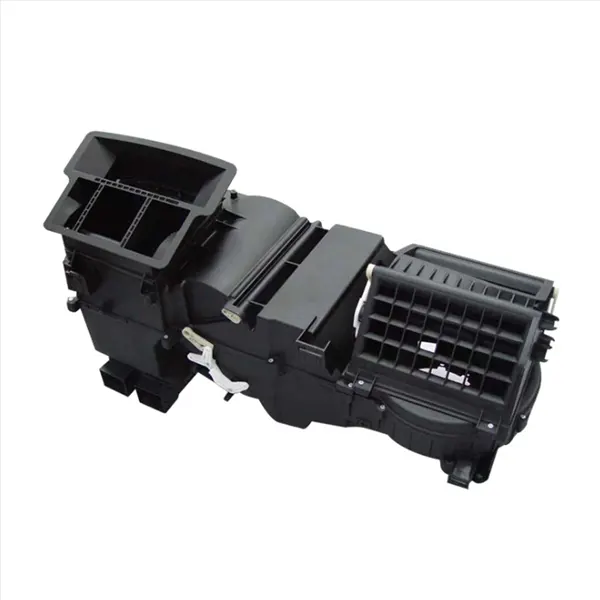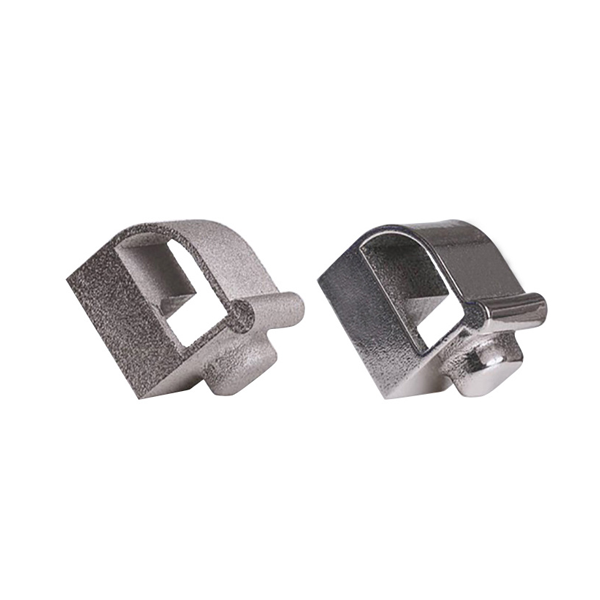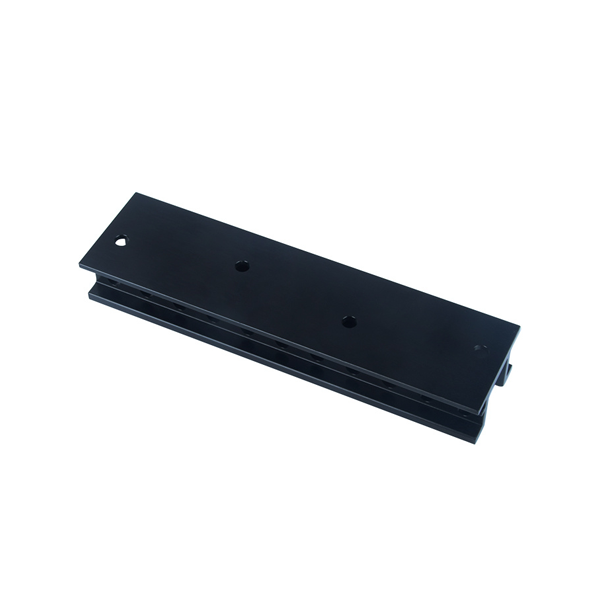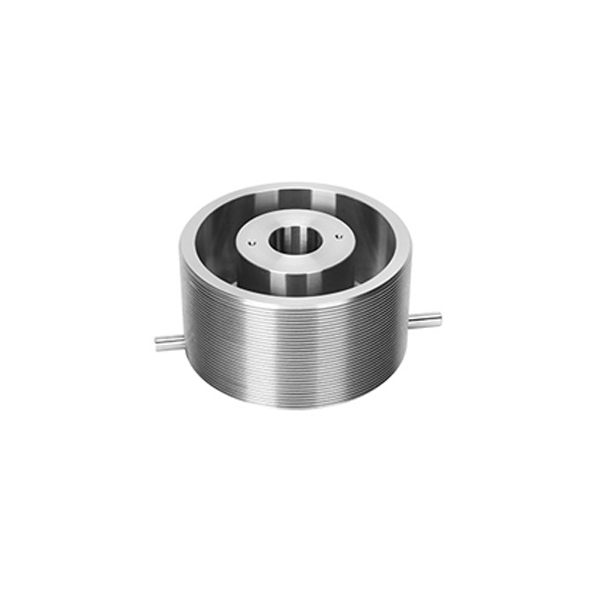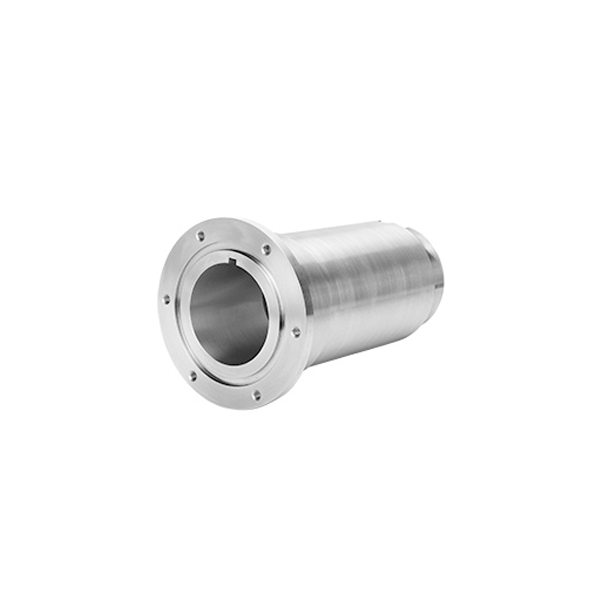GD Prototyping

Rapid Prototyping Medical Parts
-
Surgical Instruments – High-precision prototypes for testing ergonomics and performance.
-
Implant Models – Custom shapes for pre-surgical planning and trial fitting.
-
Diagnostic Equipment – Casings, housings, and mechanical parts for testing devices.
-
Medical Imaging Accessories – Prototypes for MRI/CT-compatible tools.
-
Prosthetics & Orthotics – Lightweight prototypes for patient-specific designs.
-
Training Models – Anatomical models for medical education and simulation.
- Description
- Specification
- Application
- FAQS
At GD Prototyping, we provide Rapid Prototyping Medical Parts that help medical innovators move from concept to functional testing with speed and accuracy. Medical devices require exceptional precision, biocompatible materials, and strict quality standards — and our advanced prototyping services are tailored to meet those demands.
Using technologies like CNC machining, 3D printing (SLA, SLS, DMLS), vacuum casting, and sheet metal fabrication, we manufacture prototypes that replicate final product performance. From surgical tools and implants to diagnostic equipment housings, our parts undergo precise machining and finishing to ensure durability, accuracy, and compliance with industry standards.
Rapid prototyping medical parts reduces development cycles, allowing healthcare companies to test, refine, and validate designs before moving into large-scale production. With over a decade of experience, our team delivers medical prototypes that combine functionality, safety, and aesthetics — helping clients bring life-saving innovations to market faster.
| Parameter | Value / Description |
|---|---|
| Process name | Rapid prototyping |
| Technologies Used | Computer-aided manufacturing (CAM), Computer-aided design (CAD) |
| Key Benefit | Fast fabrication of prototypes or models |
-
Accuracy: ±0.005 mm tolerance (depending on process)
-
Technologies: CNC machining, 3D printing (SLA, SLS, DMLS), vacuum casting
-
Materials: Medical-grade plastics, stainless steel, titanium, biocompatible polymers
-
Surface Finish: Smooth, polished, sterilization-ready finishes available
-
Batch Options: One-off prototypes to small-batch runs
-
Lead Time: 5–10 working days for most parts
Q1: What materials are used for medical prototypes?
We use biocompatible polymers, stainless steel, titanium, and sterilization-ready plastics.
Q2: How accurate are medical prototypes?
Tolerances can reach ±0.005 mm, ensuring precision for functional and ergonomic testing.
Q3: Can prototypes be sterilized?
Yes, we offer finishes and materials suitable for sterilization processes.
Q4: Do you provide one-off prototypes for medical testing?
Yes, we support single-unit prototypes as well as low-volume production runs.
Q5: Which medical sectors benefit most from rapid prototyping?
Surgical tools, implants, diagnostic equipment, prosthetics, and training models.

